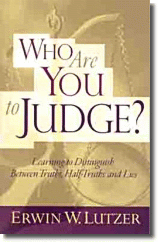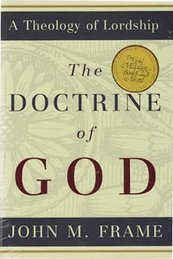Forgiveness
“Forgiveness can refer to three different kinds of relationships: the interpersonal or social forgiveness between two parties, a person’s forgiveness of him or herself, and God’s forgiveness.” (Aaron Lazare, On Apology, p. 230) I think any discussions on the topic of forgiveness have to start with God’s forgiveness. Thus, a pre-understanding of man’ fallen state is needed.
God’s forgiveness of Man In a Fallen State
In the creation account of Genesis, we are introduced to God the Creator who made the heavens, the earth, and all that dwell on earth, including human beings. However, sin entered the human race when Adam and Eve sinned (Genesis 3). But how do we know original sin is true/ real? Isn’t it outdated? As G K Chesterton once said, original sin is the only doctrine one can confirm by reading the front page of the daily newspaper. After Adam, with the influence of original sin, “holding grudges and seeking revenge” seems to come to us naturally. The fall of mankind results in the need for forgiveness, both from God and between individuals (though both are also inextricably linked). As Susan L. Nelson puts it, the doctrine of original sin has meant that it is impossible for human beings not to be involved in sin in some way:
Forgiveness means giving up our illusions of innocence. The Presbyterian insistence on the doctrine of original sin has meant that we realize it is impossible for human beings not to be involved in sin in some way. To live in the First World, with all our advantages, is by definition to reap from others' hard work. We [Americans] live off of others' suffering, and thus we are complicit in that suffering. Forgiveness means giving up postures of innocence--and all the tactics of cover-up and denial that take so much energy and only make matters worse. In the context of God's grace, we do not need to proclaim our innocence, but to seek ways to rectify the injustice in which we participate. [What Presbyterians Believe, Forgiveness [March 1998]; emphasis in bold is mine]


